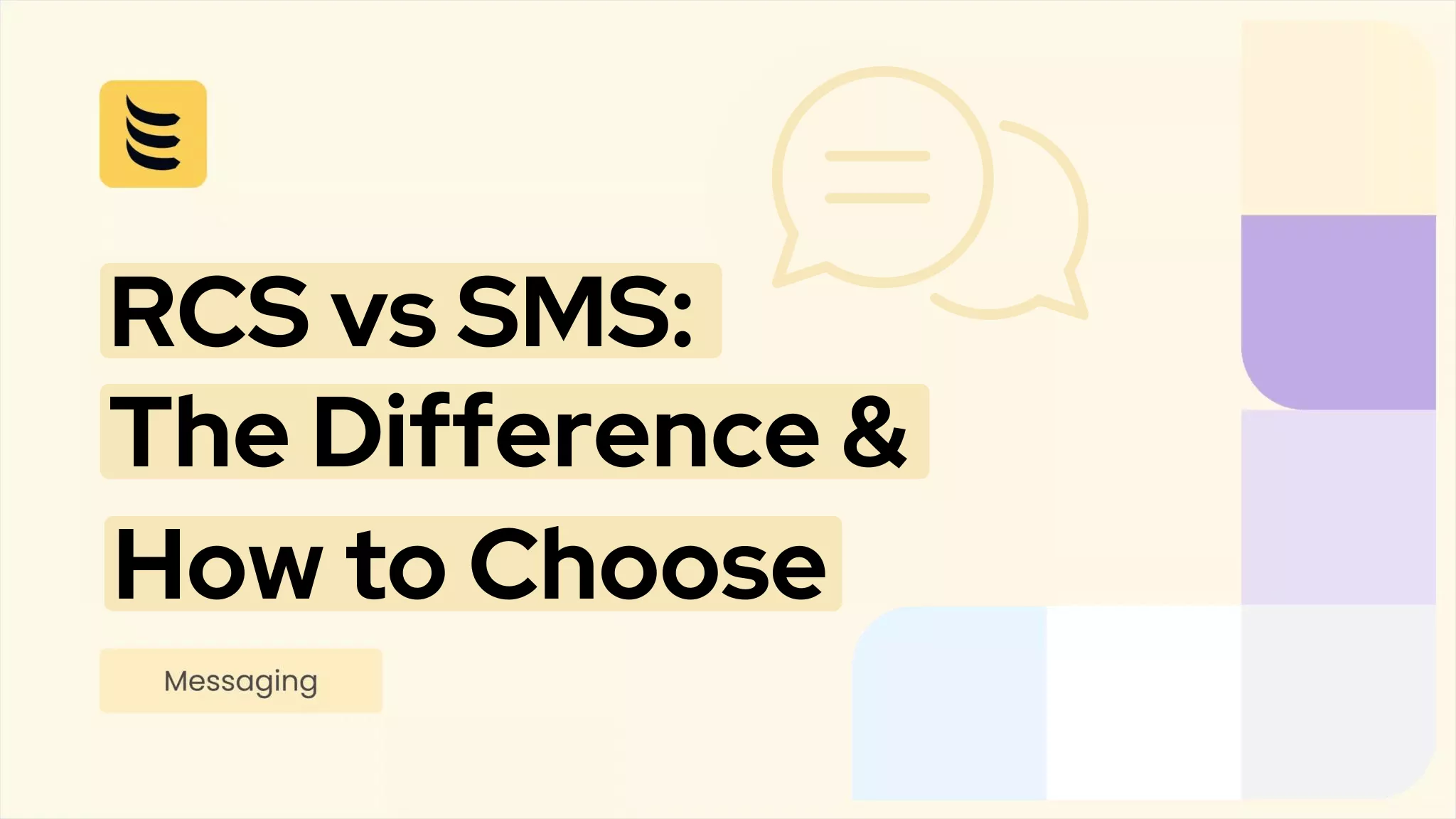Wholesale VoIP termination – The outlook for telecoms
The way we communicate is changing fast and becoming faster, thanks to the evolution of digital technology. At the conclusion of last year, it was reported that the UK was lagging behind in areas such as developing advanced infrastructure and that there were black spots in the country where broadband services were not up to par. With AI on the horizon, not to mention the Internet of Things (IoT), it is important the UK gets its infrastructure in order to deal with the increasingly sophisticated demands that will be placed upon it.
More functions on the move
This year it is anticipated that batteries will receive attention to improve efficiency and deliver longer life. Batteries that last longer will be integral to making IoT function properly. Samsung is just one company that is researching the potential of graphene batteries, with the exciting prospect of more than 40 percent improvement in capacity with charge times of just over 10 minutes.
AI – or Artificial Intelligence – is likely to become commonplace with the possibility of AI chips being developed for use in smartphones in the near future. Google has already embraced AI and plans to include AI functionality in Google services and products in the near future.
Handsets will also be changing. In the brief history of mobile devices, they have gone from large to tiny and everywhere in between, but a smartphone needs a screen large enough that users can see their apps. However, we love small devices and Apple is addressing this by developing an iPhone that can be folded. Microsoft has also lodged a patent for a tablet that folds to change into a phone, while Samsung is also thought to be investigating the possibility of a phone that folds.
Wholesale VoIP termination and the global network
Business is one area that really benefits from the many advantages of VoIP, especially with the cost savings that are available with the wholesale VoIP termination offered by established providers such as IDT. This is thanks to their extensive international network and huge range of suppliers. More businesses are now connected digitally than by analogue systems, which is a practical endorsement.
Speeding up for the fast lane
To take full advantage of technological advances, the UK needs to improve its broadband infrastructure. In 2017, the UK achieved a disappointing ranking of 54 in the world for 4G coverage. It was 31st for the average speed of broadband, and bottom of the European pile for FTTP. It is hoped that regulators and the Government will look at the current rather uninspiring state of progress and address this.
By 2020 BT is planning to supply 10 percent of premises with FTTP, although most European countries achieved this level by 2016. Official targets need to be reviewed and updated so that the UK is not left further behind than it is already. Time to exit the slow lane of digital underachievers.




